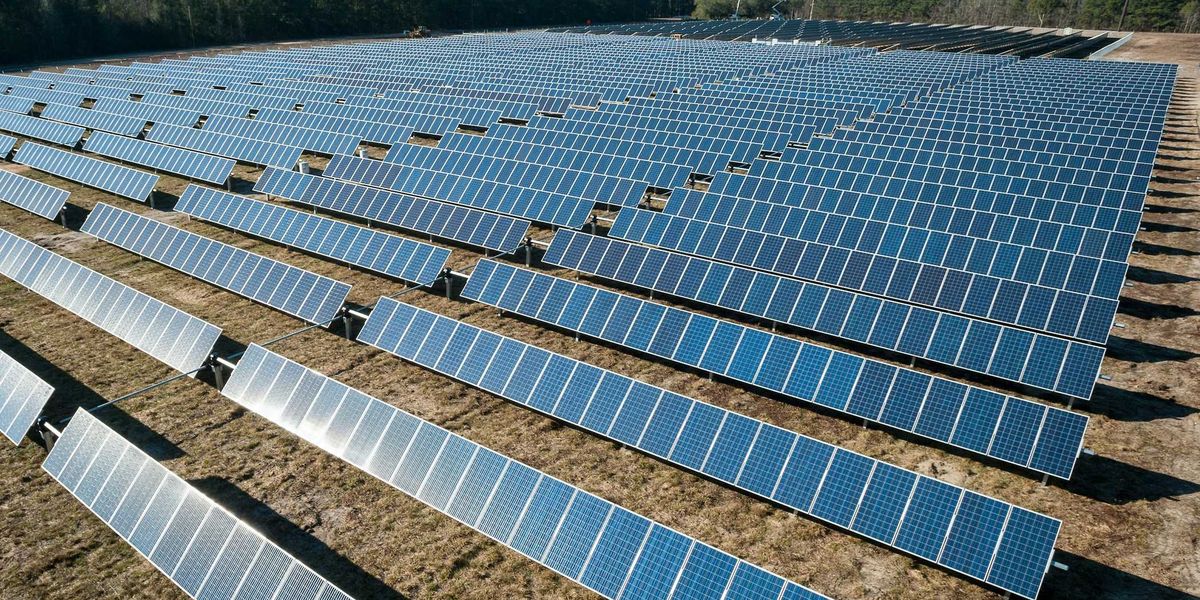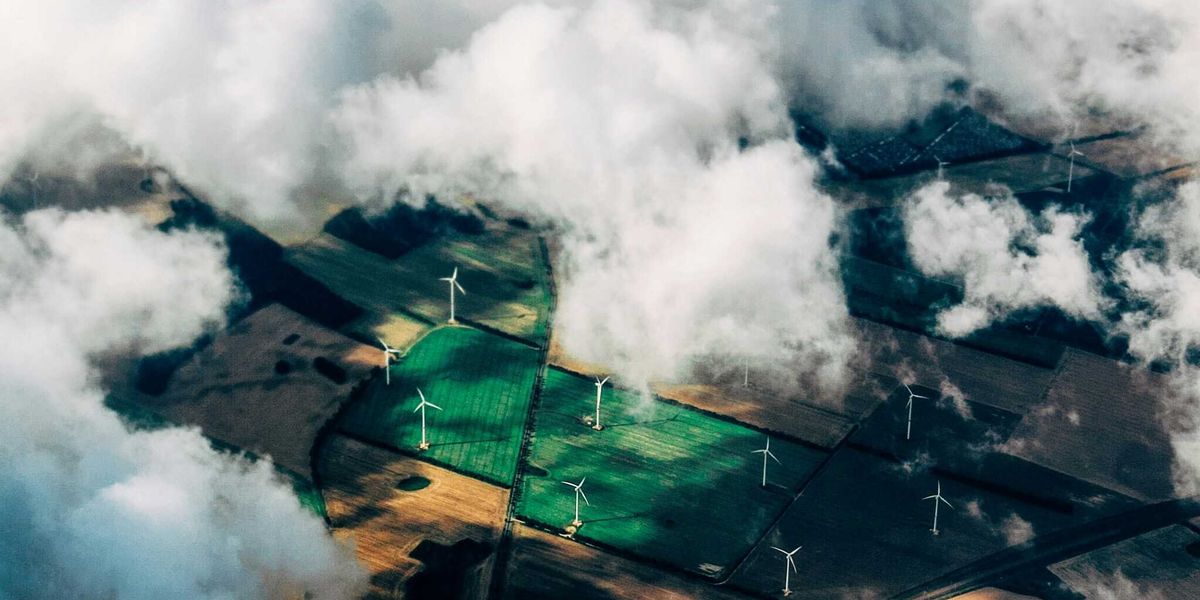Climate justice leader Jerome Ringo brought diversity and urgency to U.S. environmental advocacy
Jerome Ringo, a former petrochemical worker turned pioneering environmental advocate, died at 70 after a decades-long career fighting for climate action and equity in communities disproportionately affected by pollution.
Jeré Longman reports for The New York Times.
In short:
- Ringo began his career in Louisiana’s petrochemical industry, where he saw firsthand the disproportionate environmental toll borne by Black and poor communities along the Gulf Coast, particularly in “Cancer Alley.”
- After retiring from the industry in the mid-1990s, he dedicated his life to advocacy, becoming the first Black chairman of a major national conservation group, the National Wildlife Federation, and promoting intersectional approaches to environmental, climate, and social justice.
- Ringo later co-founded Zoetic Global, working to bring renewable energy and water solutions to underserved communities in the developing world, while continuing to speak publicly about equity in environmental leadership.
Key quote:
“You’ve got procedures like ‘shelter in place,’ which is designed for people to respond to the release of toxic gases and chemicals. Community members know they’re at risk every day.”
— Jerome Ringo, environmental advocate
Why this matters:
For decades, environmental risks in the U.S. have not been distributed equally. Communities of color, especially those near oil refineries, chemical plants, and highways, face higher levels of air and water pollution, leading to greater rates of asthma, cancer, and other chronic diseases. Louisiana’s “Cancer Alley,” where Ringo grew up, is a stark example, with predominantly Black neighborhoods situated close to toxic industrial sites. The legacy of segregation, redlining, and unequal enforcement of environmental regulations has left these communities vulnerable. Ringo's leadership spotlighted the need for an environmental movement that reflects the people most affected. His work helped shift the conversation from conservation alone to one that links ecological health with human rights, public health, and systemic inequality.
Read more: Op-ed: Why is the chemical industry pitting public health against economic growth?













